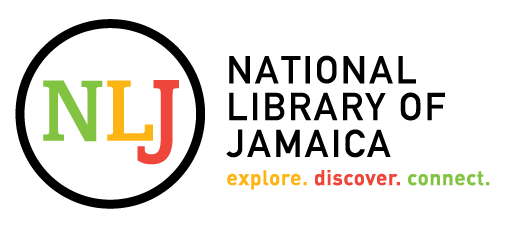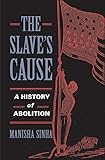The slave's cause : a history of abolition / Manisha Sinha.
New Haven : Yale University Press, [2016] 2016Description: xiv, 768 pages, 24 unnumbered pages of plates : illustrations ; 25 cmContent type:- text
- unmediated
- volume
- 9780300181371
- 030018137X
- 9780300227116
- 0300227116
- Antislavery movements -- United States -- History
- Abolitionists -- United States -- History
- Slavery -- Political aspects -- United States -- History
- Abolitionists
- Antislavery movements
- Slavery -- Political aspects
- United States
- Abolitionismus
- USA
- Slavery -- United States -- History
- Antislavery movements -- United States -- History
- African American abolitionists -- History
- African American women abolitionists -- History
- Abolitionists -- United States -- History
- Slave insurrections -- History
- United States of America
- Slavery
- Abolition
- African Americans
- History
- Slaveri -- historia
- Abolitionister -- historia
- Kvinnliga abolitionister -- historia
- Antislaverir orelser -- historia
- Slavery -- United States -- History
- African American abolitionists -- History
- African American women abolitionists -- History
- Abolitionists -- United States -- History
- Slave revolts -- History
- United States -- History
- 326/.80973 23
- E441 .S557 2016
- Frederick Douglass Book Prize, 2017
| Item type | Current library | Shelving location | Call number | Status | Date due | Barcode | |
|---|---|---|---|---|---|---|---|
|
|
OCLC Data | Rare Books Floor | Available | 0000000035099 |
Includes bibliographical references (pages 593-731) and index.
List of abbreviations -- Introduction: The radical tradition of abolition -- Prophets without honor -- Revolutionary antislavery in Black and White -- The long northern emancipation -- The Anglo-American abolition movement -- Black abolitionists in the slaveholding republic -- The neglected period of antislavery -- Interracial immediatism -- Abolition emergent -- The woman question -- The Black man's burden -- The abolitionist international -- Slave resistance -- Fugitive slave abolitionism -- The politics of abolition -- Revolutionary abolitionism -- Abolition war -- Epilogue: The abolitionist origins of American democracy.
Received historical wisdom casts abolitionists as bourgeois, mostly white reformers burdened by racial paternalism and economic conservatism. Manisha Sinha overturns this image, broadening her scope beyond the antebellum period usually associated with abolitionism and recasting it as a radical social movement in which men and women, black and white, free and enslaved found common ground in causes ranging from feminism and utopian socialism to anti-imperialism and efforts to defend the rights of labor. Drawing on extensive archival research, including newly discovered letters and pamphlets, Sinha documents the influence of the Haitian Revolution and the centrality of slave resistance in shaping the ideology and tactics of abolition. This book is a comprehensive history of the abolition movement in a transnational context. It illustrates how the abolitionist vision ultimately linked the slave's cause to the struggle to redefine American democracy and human rights across the globe.
Frederick Douglass Book Prize, 2017
NLJCols20082021
There are no comments on this title.

